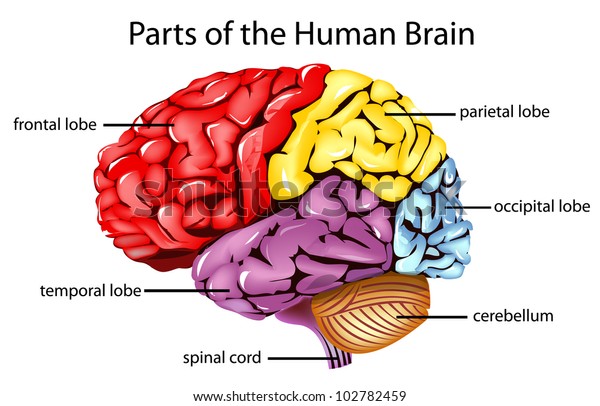
The brain records our experiences in memory, enabling us to make fast decisions. Spatial cognition is represented by "place cells" and "grid cells" in the hippocampus and entorhinal cortex (located on the side of the brain). Individual neurons function as "memory-trace cells" that track spatial memory. Diseases like Alzheimer's disrupt the activity of location cells. Place cells and grid cells in the hippocampus and entorhinal cortex are among the first regions affected by the onset of Alzheimer's disease. These degradations lead to the observed memory deficits.
Patients with implant electrodes in the brain can activate special "memory-trace cells" when they think of a particular place. Acting like a GPS, the neurons record and memorize the position in space. The activity of these neurons unmistakably identifies a location. A recent study has found that these memory-specific individual neurons function as a kind of GPS. Memory-trace cells in the entorhinal cortex encode memory representations through a memory-specific rate code. Single neurons change their spatial tuning to target relevant memories for retrieval.
Flexibility to change might improve our resilience to the disease.
Read the original article in Nature Neuroscience by Qasim and colleagues.
Copyright © 2019 by Eva Deli
This comment has been removed by the author.
ReplyDeleteThank you for your encouragement. Check back often!
DeleteHi Dear,
ReplyDeleteI Like Your Blog Very Much. I see Daily Your Blog, is A Very Useful For me.
You can also Find improve brain function and memory At Nootropicsenhancer.com, We offer the best brain power enhancing drugs to improve your brain function, brain capacity, boosting the memory and the ability to focus. Hence we are giving people better analytical thinking and work performance.
Visit Now:- http://nootropicsenhancer.com/-
Thank you for the feedback. I would advise caution using drugs without proof of effectiveness. Drugs you get on the internet can harm you.
ReplyDelete